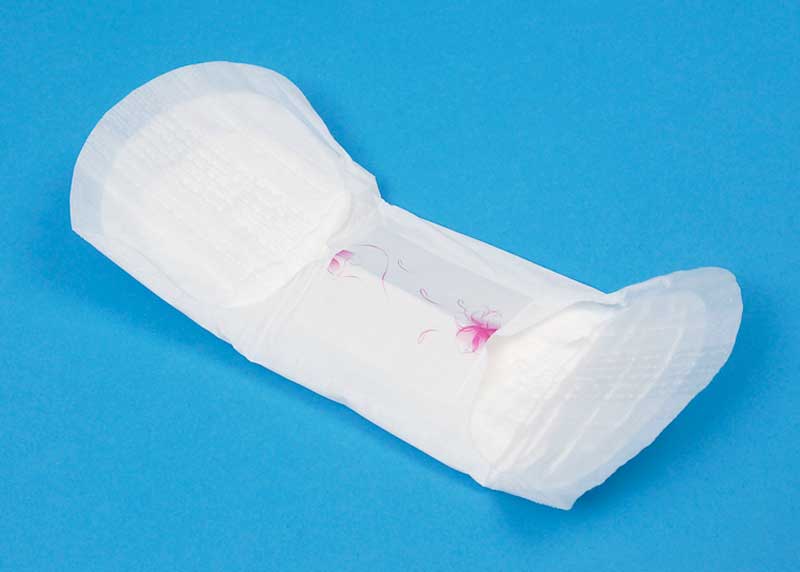
Most people know that girls have their period once every month. But every once in a while you’ll tell your boyfriend, husband or partner that you’re menstruating and he’ll be like, ‘Again?’, as if a period is like a subscription you can cancel anytime you want a break from your cycle.
Women and girls of menstruating age don’t have that luxury; most of them bleed once a month like clockwork. And while I wish it was just a simple matter of bloodletting, it is not. There’s also cramping, nausea and psychedelic mood swings to deal with.